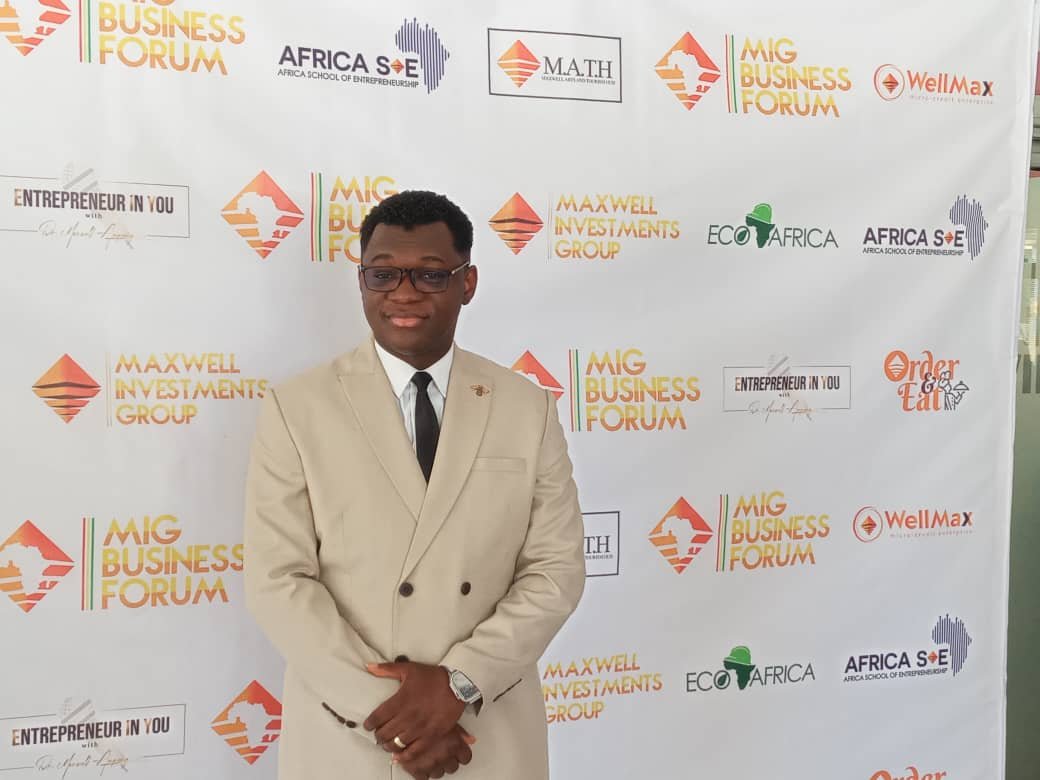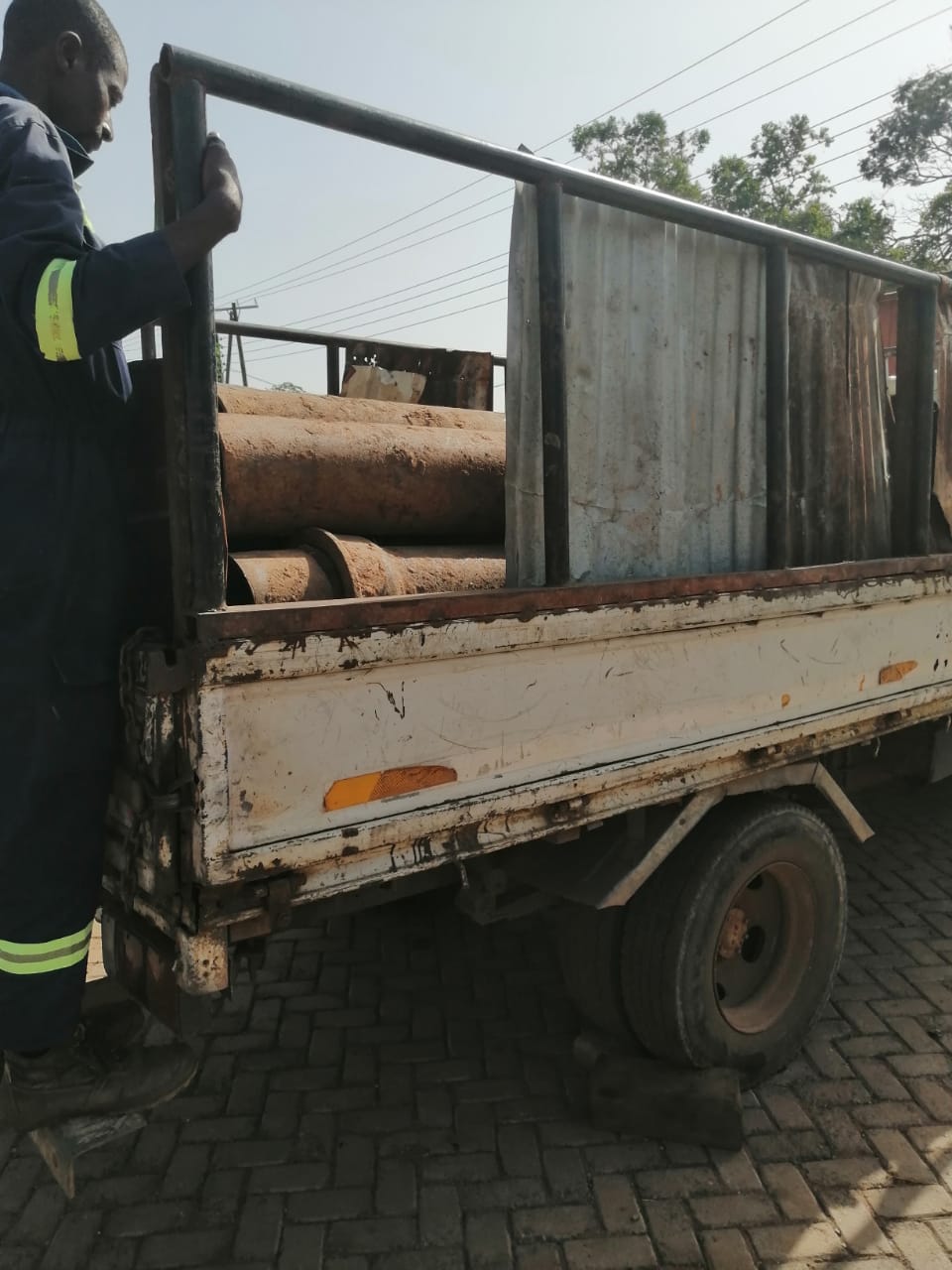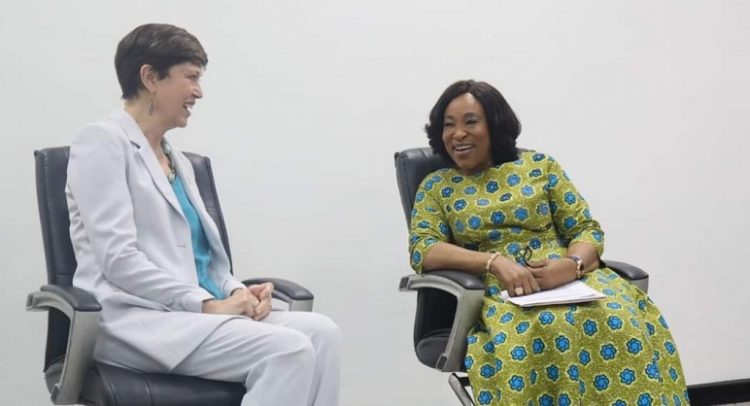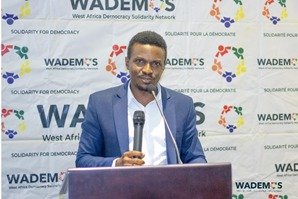
The Conrad N. Hilton Foundation is currently investing about US $5million over the next 5 years with Safe Water Network? a Non-Governmental Organization(NGO) that develops market-based, community-level solutions that deliver safe, affordable and reliable water to Ghana's populations in need.
The Embassy of the Kingdom of the Netherlands has also invested €3million over the last three years with Safe Water Network to deliver water systems to over 100,000 people in 30 communities and is supporting other initiatives valued at over US $30 million under its Ghana Netherlands Water, Sanitation and Health (WASH) Programme.
Michael Yaw Gyato, Deputy Minister for Sanitation and Water Resources, made these known at a forum on Safe Water delivery in Accra, yesterday, March 20, 2019.
Mr Gyato, who was delivering the key note address at Safe Water Network's Annual Beyond-The-Pipe Forum, noted that access to water was a priority for government, adding that Government was committed to achieving its vision of providing safe, reliable and affordable water for all.
He disclosed that last year, Government was able to connect about 3,800 households in low-income urban communities within the Greater Accra Metropolitan Area (GAMA) to the Ghana Water Company Limited Service Lines.
In addition, he said, 214km of pipelines had been laid within the GAMA area to improve service delivery; while under the Ghana Government's 'Water for All' agenda, a number of urban water systems? the Kpong Water Supply Expansion Project (Phase 2), Aqua Africa Water Project, Yendi Water Project, Damongo Water Project, Wenchi Water Project, Tamale Water Supply Expansion Project, Sunyani Water Project, Sekondi-Takoradi Water Project and Essiama Water Project?were being expanded in the short to medium term.
Mr Gyato said the Ministry of Sanitation and Water Resources (MSWR), through the Community Water and Sanitation Agency (CWSA), was constructing nine water systems each in the Northern and Central Regions, five in the Brong Ahafo Region and two in the Upper West Region, and would construct 12 fully-reticulated small town pipe systems and six limited mechanized systems in the Volta Region, as well as several boreholes nationwide.
He said last year, MSWR, through the Water Resources Commission (WRC), undertook a water quality monitoring exercise? Operation Vanguard? covering 41 sampling stations nationwide, which resulted in the increase in water quality from 52 per cent as at the end of 2017 to 55 percent as at the end of 2018.
He said in addition to providing the required infrastructure, Government recognized the importance of pursuing appropriate reforms to address emerging challenges with water access.
Mr Gyato noted that rapid urbanization, resulting in a large gap in meeting the demand for water, especially in peri-urban and small towns, protection of existing water resource potential to meet the needs of Ghana's increasing population, both now and into the future, competing demands on government to deliver basic social services amidst very tight fiscal space, the growing demand for water services and the need to ensure that quality and service reliability standards are achieved, were presenting challenges to efforts at delivering safe, reliable and affordable water services.
There was also the need, he said, to address the operational, technical and financial barriers to the long-term use of infrastructure as well as develop standards and benchmarks for functionality, water quality, reliability and affordability, operating and maintenance costs through revenues from consumer user fees.
He commended Safe Water Network for its enterprise approach and strong emphasis on water safety and quality, and financial viability without compromising on the need to provide affordable water services, especially for the poor, and pledged to work in partnership with Safe Water Network and to support their efforts at mainstreaming Small Water Enterprises (SWEs) into MSWR's overall strategy and plan for water services delivery in Ghana.
Mr Gyato identified the areas of particular focus as working with a network SWEs implementers to obtain their inputs for the review of Ghana's National Water Policy; development of a framework for the regulation of the rural water sector, given CWSA's emerging role as a service provider; strengthening the institutional structure of MSWR to bring increased focus to public-private partnerships and business development efforts; professionalizing delivery of water at all levels; engaging professionals to manage the country's small towns water systems; and creating a more conducive policy environment for SWEs to thrive.
He added that the MSWR was also very actively engaging Safe Water Network and participating in its SWEs Working Group to further develop and refine its model, attract capital and mainstream its approach to water service delivery in Ghana.
In an address to welcome participants to the forum, Mr Charles Nimako, Director of Africa Initiatives, Safe Water Network, urged sector stakeholders, including multilateral institutions and the Government of Ghana to offer the necessary support at mainstreaming SWEs into MSWR's overall strategy and plan for water services delivery.
Beyond-The-Pipe forum provides the platform for the leadership of water services providers?public and private?to set the annual agenda for advancing the scale-up of SWEs in Ghana.
This year's forum, the seventh in a series, discussed topics such as Emerging and ongoing reforms in ensuring sustainable water access; Small Water Enterprises footprint in Ghana and requirements for scale; Standardizing reporting and regulating Small Water Enterprises; and Trends and outlook in funding for Small Water Enterprises.
Hits: 73
Read Full Story

























Facebook
Twitter
Pinterest
Instagram
Google+
YouTube
LinkedIn
RSS